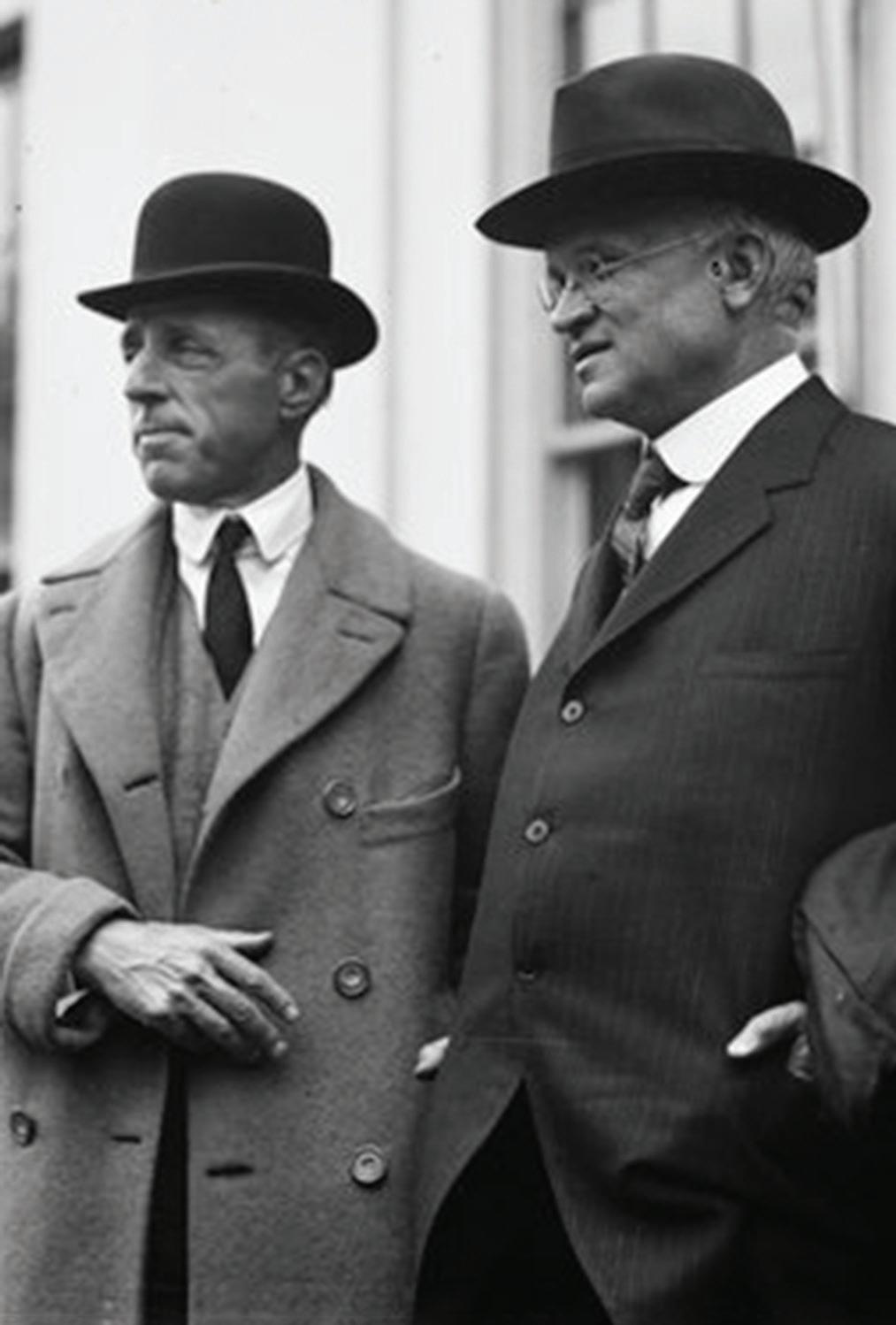
4 minute read
'Smut Snatching' 'n Book Banning: Then and Now
by Rachel Ropella
a CHild in a sCHool liBrary. In A Tuna Christmas, characters Vera Carp and Bertha Bumiller are portrayed as “holier-thanthou” church ladies and members of the Smut Snatchers of the New Order. Appearing in many of the Tuna plays, the Smut Snatchers try to ban books, change definitions in the dictionary, and remove what they consider to be “dirty words” from A Christmas Carol. When concern is raised over how A Christmas Carol could be inappropriate, Bertha responds, “Smut Snatchers are here for everyone’s protection. Censorship is as American as apple pie, so shut up.” While the Smut Snatchers is a fictional organization played for laughs in A Tuna Christmas, it was inspired by real organizations in the 1980s who used the same rhetoric. However, book banning is not just a movement from the past; it is still a hot-button issue throughout the country and is happening today in Texas as well as here in Maine.
Back in the 1980s when A Tuna Christmas was written, authors Joe Sears and Jaston Williams were satirizing organizations like Moral Majority, an American political organization founded in 1979 by televangelist Jerry Falwell, who led the push for major book bans in the ’80s. These bans in Texas spanned from school textbooks that spoke about evolution to literature that had strong language, contained sexual content, centered on race, or challenged longstanding narratives about American history. Falwell claimed these bans were to protect children from immoral themes and “anti-Christian” ideals. Erin Blakemore for National Geographic observed, “Even as social norms relaxed...school libraries remained sites of contentious battles about what kind of information should be available to children.”
Yet in Texas, this battle over school libraries wages on today. A 2022 report created by the free speech nonprofit organization, PEN America, found that 32 states had instances of book banning and that Texas leads the nation with 800+ titles banned across 22 school districts during the 2021–2022 school year. Researchers found that most of the books on the banned list centered on racism and LGBTQ+ themes.
There has also been a country-wide reemergence of organized groups calling for school boards to ban certain books, similar to how the fictional organization of the Smut Snatchers works. In their 2022 report, PEN America has “identified at least 50 groups involved in pushing for book bans across the
country operating at the national, state or local levels….Most of these groups (including local chapters) appear to have formed since 2021 (73 percent).” PEN America goes on to emphasize how much power these local chapters carry, stating they “have played a role in at least half of the book bans enacted across the country during the 2021–22 school year.”
It’s easy to think that book banning is a problem only happening far away, but it is also happening close to home, right here in Maine. In the past few months, multiple Maine school boards have had contentious debates with the community over books parents have wanted to ban. The books in question? Gender Queer: A Memoir by Maia Kobabe, Beyond Magenta: Transgender Teens Speak Out by Susan Kuklin, and Robie H. Harris' It's Perfectly Normal. This August, Gender Queer was removed from the library of Dirigo High School in Dixfield by a school board vote of 7-2, while Bonny Eagle School Board in Standish voted to not ban it just this October. Meanwhile, the Woolwich Central School library in Woolwich has a parent trying to appeal a decision to keep Beyond Magenta on the shelves right now, this November.
In a time when book banning is on the rise, it takes a community to fight back against censorship. The American Library Association (ALA) advises that, when it comes to preventing book banning in your area, “Stay informed. If you hear of a challenge at your local library, support your librarian….Find out your library's policy for reviewing challenged materials.” The ALA’s website also lists actions that you can do to engage with your community when a school board is challenging a book: “Write letters to the local editor, your public library director and your school principal supporting the freedom to read. Talk to your friends about why everyone should be allowed to choose for themselves and their families what they read.” Taking these small steps can help make a big impact in ensuring that students are able to read about important, challenging issues and identity-affirming narratives, opposing the Vera Carps of the world.
The Top 10 Most Challenged Books of 2021, According to the American Library Association:
1. Gender Queer by Maia Kobabe
2. Lawn Boy by Jonathan Evison
3. All Boys Aren’t Blue by George M. Johnson
4. Out of Darkness by Ashley Hope Pérez
5. The Hate U Give by Angie Thomas
6. The Absolutely True Diary of a Part-Time Indian by Sherman Alexie
7. Me and Earl and the Dying Girl by Jesse Andrews
8. The Bluest Eye by Toni Morrison
9. This Book Is Gay by Juno Dawson
10. Beyond Magenta: Transgender Teens Speak Out by Susan Kuklin

a gaVel and a staCk oF Books










